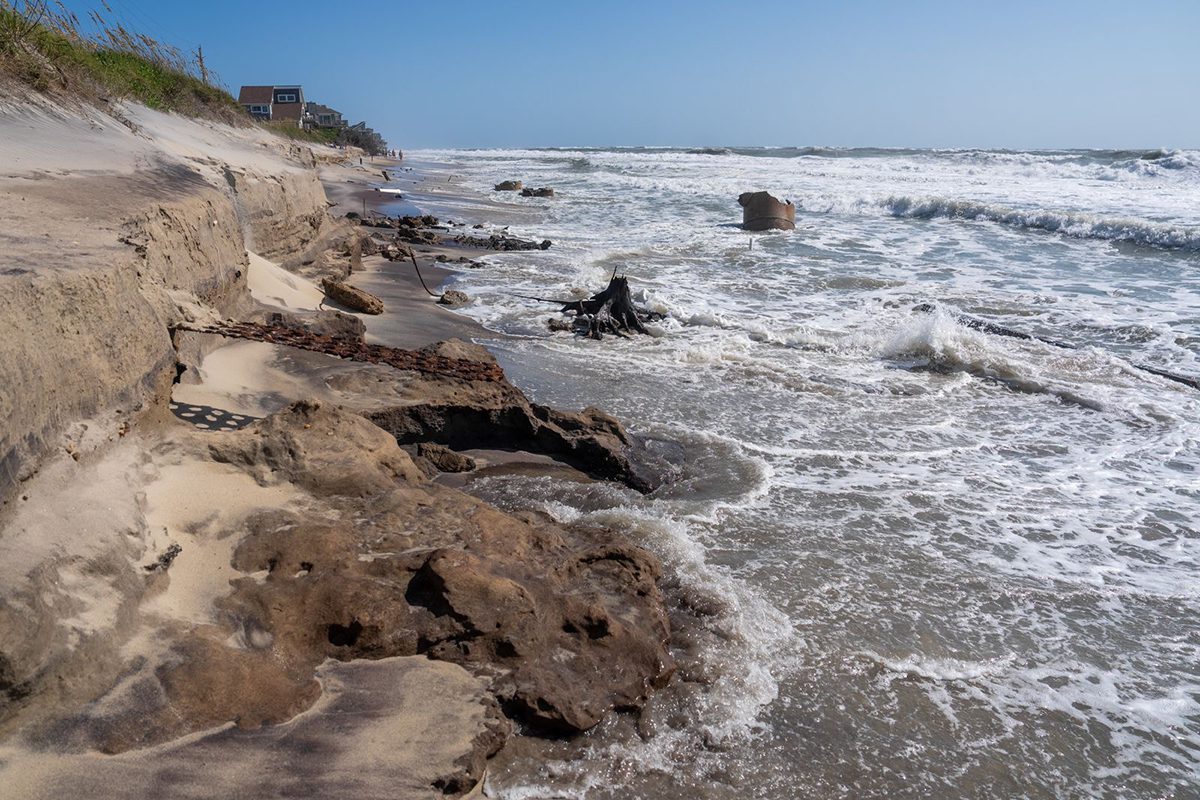WASHINGTON, D.C. — The U.S. House approved two measures Wednesday that would permanently ban gas and oil drilling off much of the U.S. coastline, including the North Carolina coast, but the bills are unlikely to get anywhere in the Republican-controlled Senate.
House Resolution 1941, the Coastal and Marine Economies Protection Act, establishes a permanent moratorium on oil and gas leasing along the Atlantic and Pacific coasts. The bill passed 238-189 with bipartisan support, but North Carolina Reps. Tedd Budd, Virginia Foxx, George Holding, Richard Hudson, Mark Meadows, David Rouzer and Mark Walker, all Republicans, voted against it. Reps. Alma Adams, D-N.C., G.K. Butterfield, D-N.C., Patrick McHenry, R-N.C., David Price, D-N.C., voted yes.
Supporter Spotlight
Reps. Joe Cunningham, D-S.C., and Francis Rooney, R-Fla., introduced the bill earlier this year after the Trump administration published a draft offshore leasing plan that would open nearly all Atlantic and Pacific coasts to drilling.
“Coastal communities across the country have made it abundantly clear that they want nothing to do with offshore drilling and the devastating threat it poses to our vital natural resources,” Cunningham said in a statement.
The other bill, H.R. 205, the Protecting and Securing Florida’s Coastline Act, would change a 2006 law to permanently block offshore oil and gas leasing off Florida’s Gulf Coast, where a current moratorium is set to expire in 2022. The bill passed 248-180.
Drilling opponents and environmental advocates praised the actions.
“All North Carolinians should be proud of the actions of the U.S. House of Representatives today” said Randy Sturgill, senior campaign organizer at Oceana. “The coast of North Carolina is a step closer to keeping the dirty and dangerous business of offshore drilling off our beaches and The Atlantic as a whole. We have too much to lose and nothing to gain by handing our pristine ocean waters over to the oil industry.”
Supporter Spotlight
Drilling advocates said the bills would affect funding for the Land and Water Conservation Program and domestic energy production’s benefits to the economy, job growth and U.S. energy security.
“Bad policy that closes the door on this critical energy development hurts local economies, America’s energy and national security, and takes America a step in the wrong direction,” said Erik Milito of the American Petroleum Institute.
The group says technological advancements and safer practices have made offshore oil and natural gas production is safer than ever.







